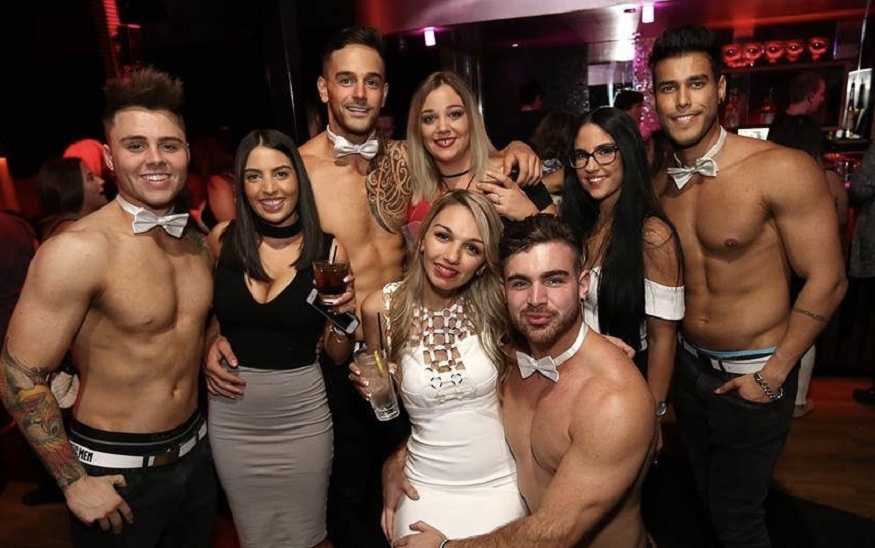Stripping, or exotic dancing, is a legal profession in Melbourne, but like many industries, it faces significant legal and regulatory challenges. While performers contribute to the nightlife and entertainment scene, Melbourne strippers often grapple with issues surrounding workplace safety, licensing requirements, and social stigmas that impact their work environments and legal protections.
Licensing and Regulatory Requirements
In Melbourne, strip clubs and adult entertainment venues are heavily regulated by local councils and state authorities. Venues must obtain specific licenses, including adult entertainment and liquor licenses, to operate legally. These licenses come with strict rules that venues must follow, such as restrictions on physical contact between performers and patrons, venue safety standards, and limits on hours of operation.
For Melbourne strippers, the legal landscape is complex. Dancers are typically classified as independent contractors, which can limit their access to employment benefits such as sick leave, superannuation, or workers’ compensation. Additionally, performers are often required to register as sole traders, which shifts the responsibility for taxation and insurance onto the individual. This independent contractor model creates a precarious financial situation for many performers, leaving them with fewer protections and rights compared to employees in other industries.
Workplace Safety and Rights
One of the significant challenges that Melbourne strippers face is the lack of standardized workplace safety regulations. While strip clubs are required to provide a safe environment for patrons, the same level of attention isn’t always applied to the safety and well-being of performers. Dancers frequently report instances of inappropriate behaviour or boundary violations by customers, and the response from management can vary from full support to outright dismissal of their concerns.
Some venues may enforce policies such as mandatory tip-outs, where dancers are required to give a portion of their earnings to other staff members, like security or DJs. This practice, while common, can significantly reduce the income of performers, adding another layer of financial insecurity.
Social Stigma and Legal Recourse
The social stigma attached to stripping also plays a significant role in the challenges Melbourne strippers face. Dancers may be reluctant to report incidents of mistreatment, discrimination, or harassment, both within and outside the workplace, due to fear of judgment or retribution. This stigma can make it difficult for performers to access legal recourse, as some may be hesitant to approach law enforcement or seek legal advice for fear of being dismissed or not taken seriously.
Moreover, the independent contractor status often prevents dancers from accessing formal labour protections, such as filing unfair dismissal claims or seeking compensation for workplace injuries. Without the ability to join unions or negotiate collective bargaining agreements, performers are often left to navigate their rights on their own.
Legal Reforms and Advocacy
There have been increasing calls for legal reforms to address the inequities faced by performers in the stripping industry. Advocacy groups argue for stronger workplace protections, the right to unionize, and clearer regulatory frameworks that ensure fair treatment and safety for all performers. Some proposed reforms include reclassifying performers as employees to provide them with greater financial security and legal protection, as well as enforcing stricter venue safety standards.
In conclusion, while stripping is a legal profession in Melbourne, performers face numerous legal and regulatory hurdles. From navigating complex licensing requirements to dealing with the social stigma attached to their work, Melbourne strippers operate in a challenging environment that offers limited legal protections. Efforts to reform these challenges are ongoing, with performers and advocacy groups pushing for a more equitable and secure industry.

